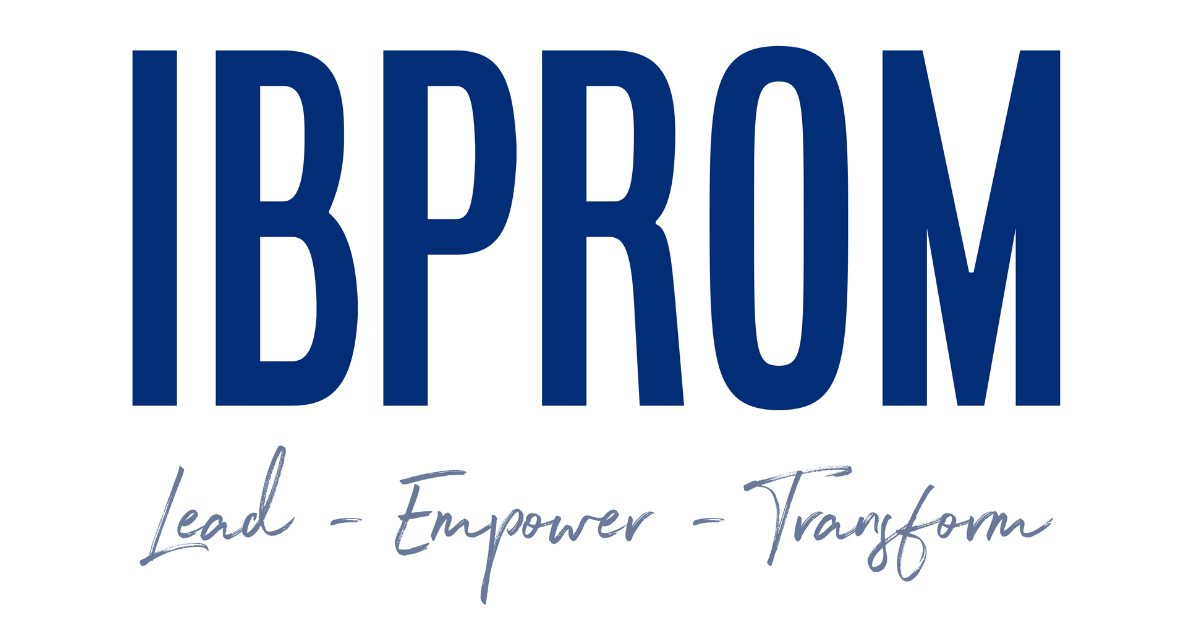In today's global marketplace, organizations are increasingly recognizing the importance of diversity and inclusion in driving innovation, creativity, and overall business performance. As a result, there is an increasing emphasis on nurturing inclusive leadership, a leadership style that acknowledges, values, and leverages the unique strengths and perspectives of a diverse workforce. Inclusive leaders go beyond simply acknowledging differences; they actively solicit input, embrace varying viewpoints, and create an inclusive work environment where each individual feels valued and empowered to contribute their best work.
In this article, we will explore the essential qualities of inclusive leadership and the significant impact it can have on an organization's performance and culture. We will discuss tangible strategies that leaders can implement to adopt a more inclusive approach to leadership, fostering a work environment that champions diversity and promotes collaboration. By cultivating inclusive leadership practices, leaders can harness the power of their diverse workforce and drive their organizations toward lasting success.
Experience the transformative power of inclusive leadership by partnering with our experienced executive coaches, and unlock the potential of your diverse workforce to drive success in your organization.
Key Qualities of Inclusive Leaders
Inclusive leadership is characterized by a range of traits and behaviors that foster an inclusive, collaborative, and empowering work environment. Some of the key qualities of inclusive leaders include:
1. Respect and Empathy: Inclusive leaders demonstrate genuine respect for their team members and acknowledge the unique experiences and perspectives each individual brings to the table. They make an effort to understand the needs and concerns of their team members, and communicate openly and empathetically.
2. Openness to Diverse Perspectives: In a diverse workforce, each team member possesses a unique perspective, informed by their background, experiences, and expertise. Inclusive leaders not only value these diverse viewpoints but actively solicit them to make informed decisions and promote a culture of innovation.
3. Flexibility and Adaptability: Leading a diverse workforce comes with a unique set of challenges and opportunities. Inclusive leaders demonstrate flexibility in their leadership approach, adapting their style to accommodate various needs and recognizing the potential to learn from their team members.
4. Humility and Accountability: Inclusive leaders recognize that they may not always have all the answers, and exhibit humility and willingness to learn from others. They hold themselves accountable for their actions, and encourage their team members to do the same.
Practical Strategies for Developing Inclusive Leadership
Adopting an inclusive leadership approach requires conscious effort and continuous self-reflection. Here are some practical strategies to help you cultivate inclusive leadership practices:
1. Address Unconscious Bias: Recognize and address any unconscious biases that may impact your decision-making and interactions with your team members. Engage in personal reflection, seek feedback from others, and participate in diversity and inclusion training to uncover and challenge your inherent biases.
2. Encourage Open Communication: Create a work environment where team members feel comfortable sharing their thoughts, ideas, and concerns without fear of judgment or retribution. Actively seek input from diverse team members and listen carefully to their perspectives.
3. Offer Opportunities for Growth and Development: Provide equal opportunities for growth and development to all team members, regardless of their background or position. Invest in tailored training programs, mentorship initiatives, and coaching to help individuals enhance their skills, knowledge, and confidence.
4. Celebrate Diversity and Promote Inclusivity: Actively promote diversity and inclusion in your organization by celebrating the unique strengths, experiences, and backgrounds of your team members. Create inclusive workplace policies, promote diversity-conscious hiring practices, and celebrate cultural events and milestones.
Inclusive Leadership Within a Remote Work Environment
The shift towards remote work presents both challenges and opportunities for inclusive leadership practices. Here are some key considerations for promoting inclusivity in a remote work environment:
1. Foster a Sense of Belonging: In a remote work setting, it is crucial to cultivate a sense of belonging and connectedness among team members. Utilize virtual meetings, team-building activities, and regular check-ins to maintain strong relationships and ensure that everyone feels included and engaged.
2. Prioritize Accessibility: Ensure that all virtual meetings, training sessions, and communication platforms are accessible to every team member, regardless of their location, technology, or ability. This proactive approach allows all team members to participate fully and contribute their unique perspectives.
3. Advocate for Work-Life Balance: Inclusive leaders recognize the importance of work-life balance, particularly in a remote work environment. Encourage your team members to establish healthy boundaries between work and personal time, and respect their needs for flexibility and self-care.
The Role of Executive Coaching in Nurturing Inclusive Leadership
Executive coaching can be instrumental in helping leaders develop their inclusive leadership capabilities. Our experienced coaches possess the expertise, insights, and tools to help you identify areas for improvement, challenge any limiting beliefs, and offer personalized guidance for adopting a more inclusive approach to leadership. By partnering with an executive coach, you can refine your leadership skills, unlock the potential of your diverse workforce, and drive your organization toward greater success.
Conclusion
Inclusive leadership allows organizations to harness the full potential of their diverse workforce, fostering a culture of innovation, collaboration, and success. By cultivating inclusive leadership practices, leaders empower each team member to contribute their best work, ultimately leading to increased organizational performance and a competitive edge in the marketplace.
Unlock the transformative power of inclusive leadership and experience the benefits of a diverse and empowered workforce. Partner with our skilled executive coaches to develop your inclusive leadership skills and drive your organization toward lasting success. Contact IBPROM for
executive coaching.







